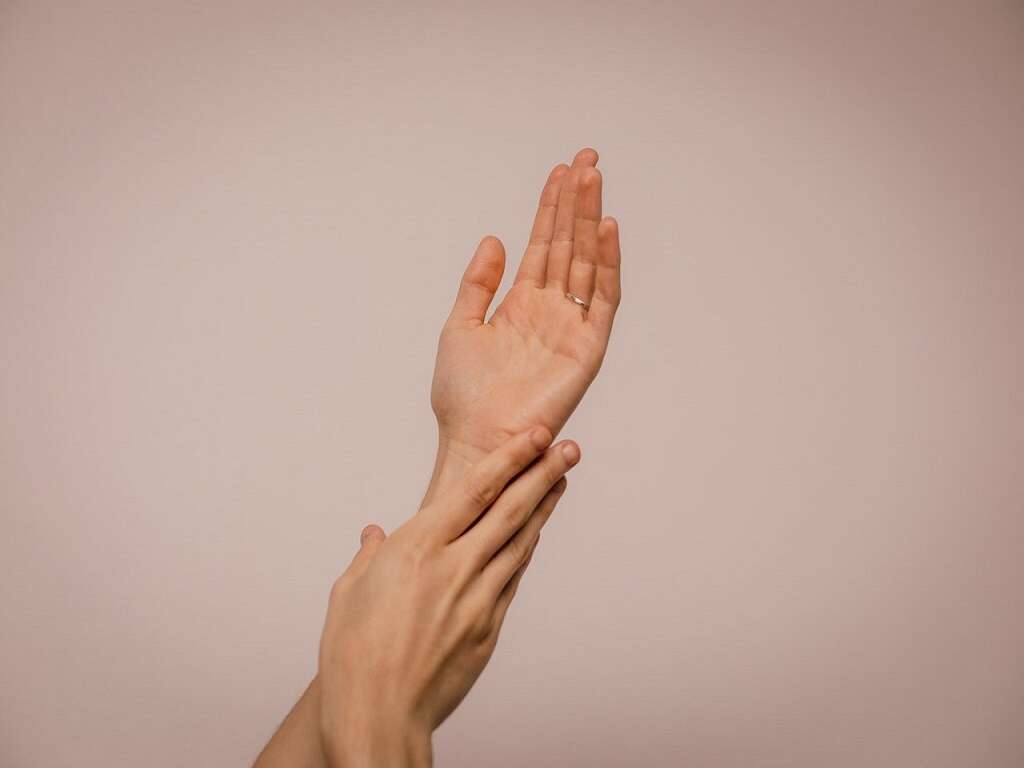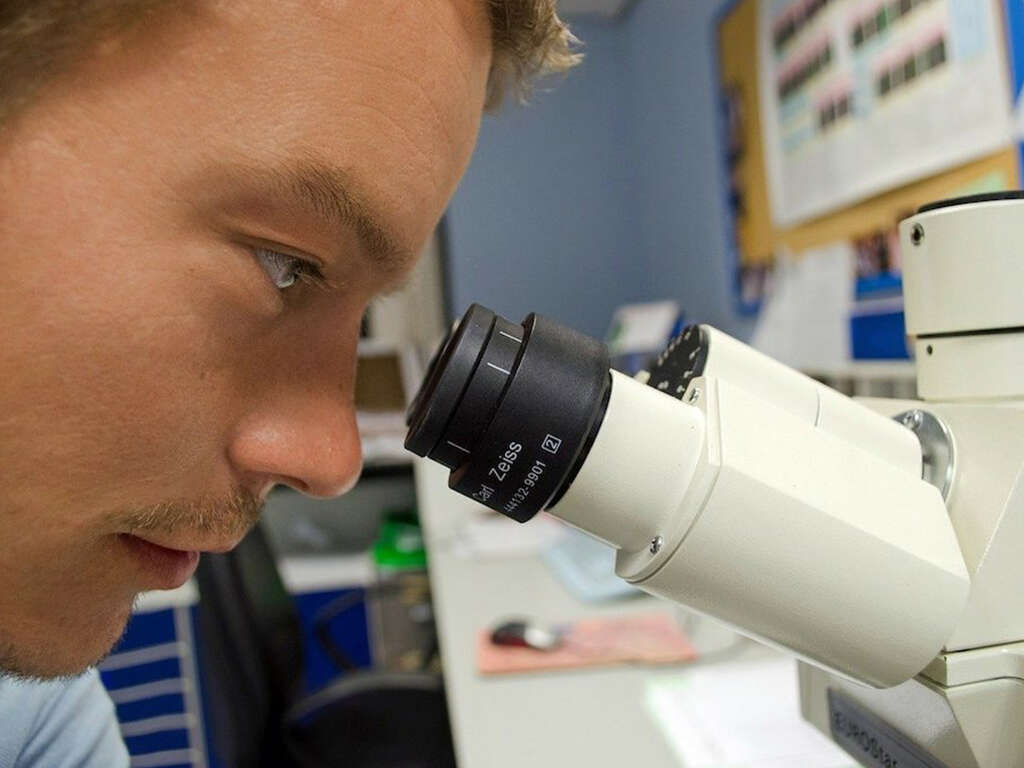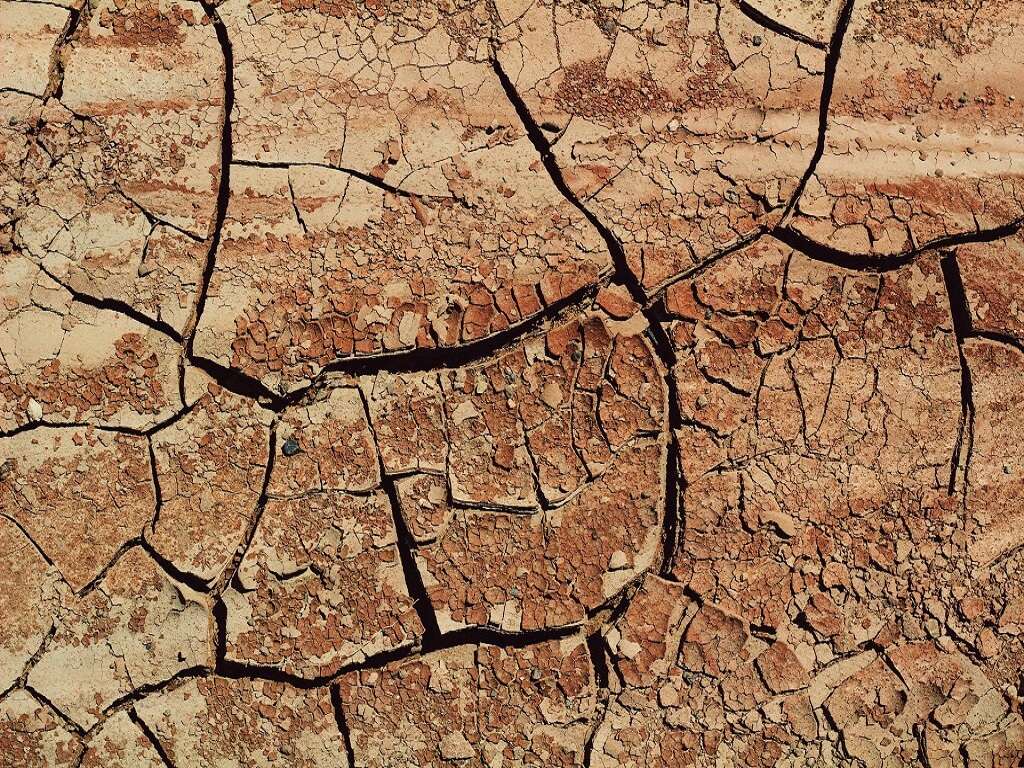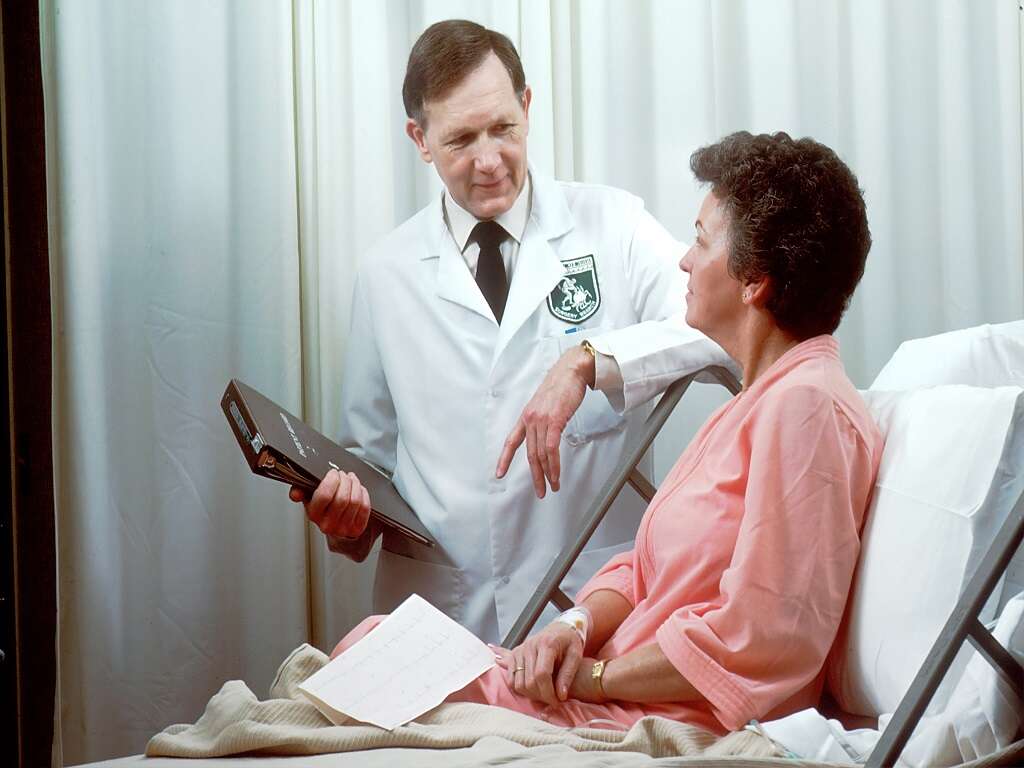10 Home Remedies For Itchy Skin
There are many causes of skin itchiness including skin disorders like dry skin, insect bites, allergies, and diseases like diabetes, kidney problems, thyroid disorders, and liver problems. Skin itchiness can cause a lot of discomfort. It can also lead to such complications as wounds, swelling, and skin infection.
The condition leads to an urge to scratch, which causes skin to turn red and bumpy. Scratching may also cause skin breakage, bleeding, or skin thickening. Itchy skin is more common in older individuals and worsens in cases of dry skin.
If you are suffering from skin itchiness, you may seek medical care. Alternatively, you can try some of the following 10 home remedies for itchy skin.
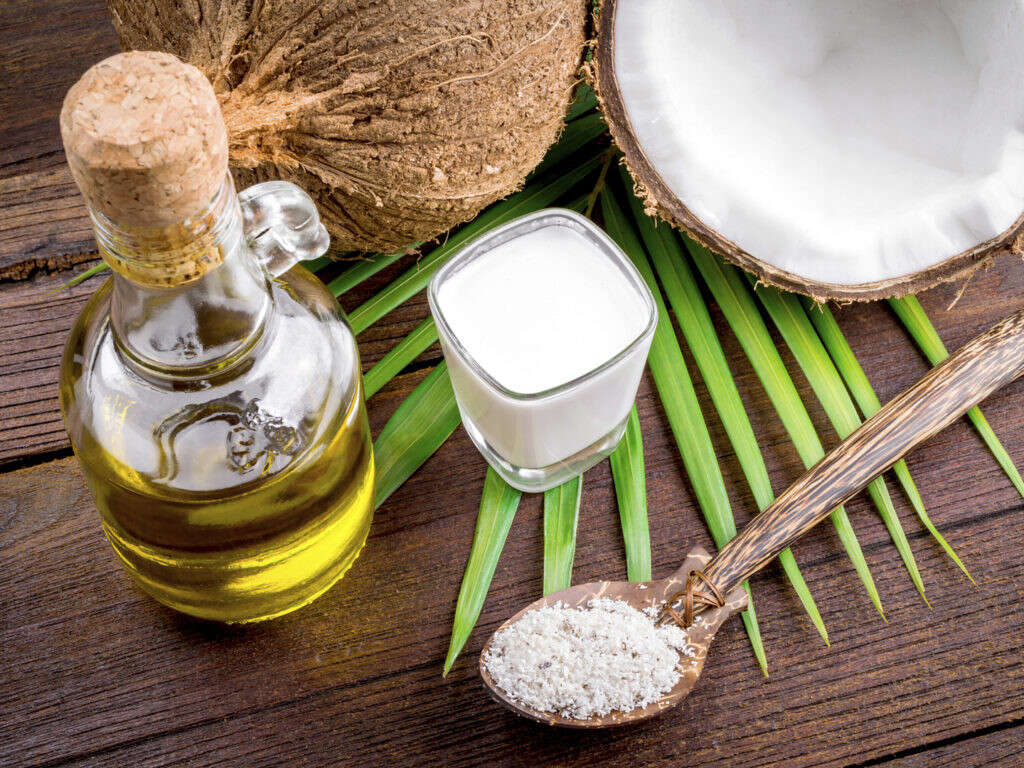
Home Remedy #1: Cold Compresses
Cold compresses are the fastest and most common way to relieve pain and itch caused by a skin rash. You can apply cold compresses using a bag of ice or a towel soaked in cold water. Cold compresses also prevent swelling and decrease the rate of rash progression.
The cold temperature decreases the amount of blood reaching the inflamed area. This tends to decrease the itching sensation as well as pain. If you have a rash in a difficult area to cover with ice or towels, you can take a cold shower and direct the cold water to the affected area. Avoid placing ice directly on your skin and instead use a bag or a towel.
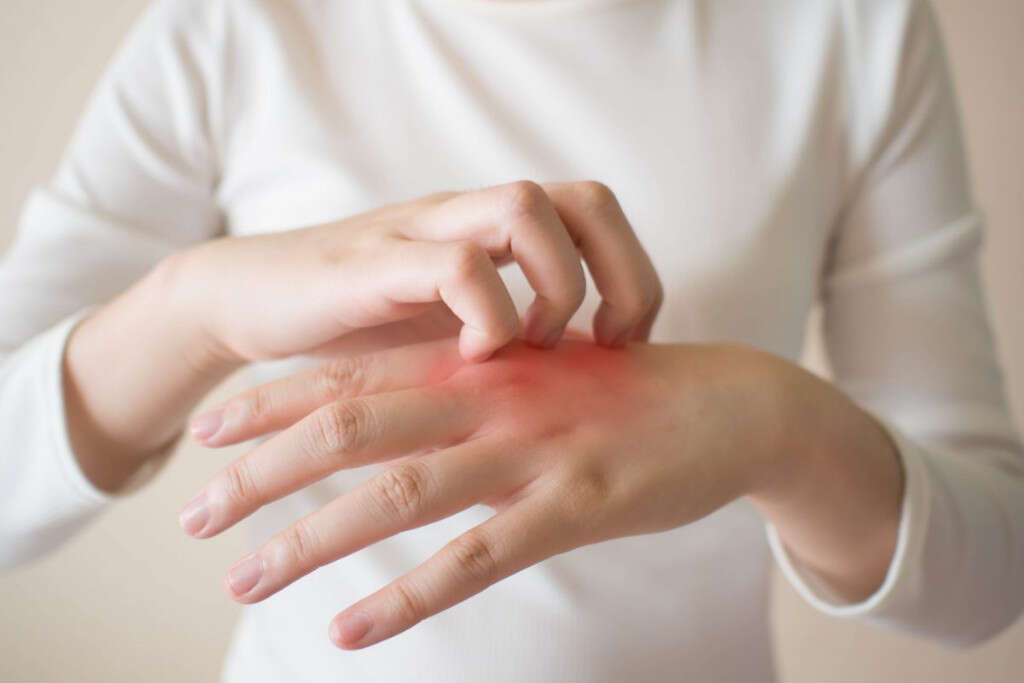
Home Remedy #2: Oatmeal
Oats are among the well-known traditional natural remedies for itchy skin besides other kinds of skin diseases including burns, parasitic infections, and eczema. It’s approved by the FDA as a protectant for skin for which reason a lot of over-the-counter skin medications contain oatmeal.
Oatmeal has antioxidant and anti-inflammatory properties. It also contains oils that help the skin to heal faster. Oatmeal can relieve skin rash and itchiness and also moisten skin. Colloidal oatmeal products are usually used in baths to provide wholesome relief. Just stay inside your bathtub for half an hour and let the oatmeal magic work on your skin. You can also use creams fortified with oatmeal for relief of itchiness.
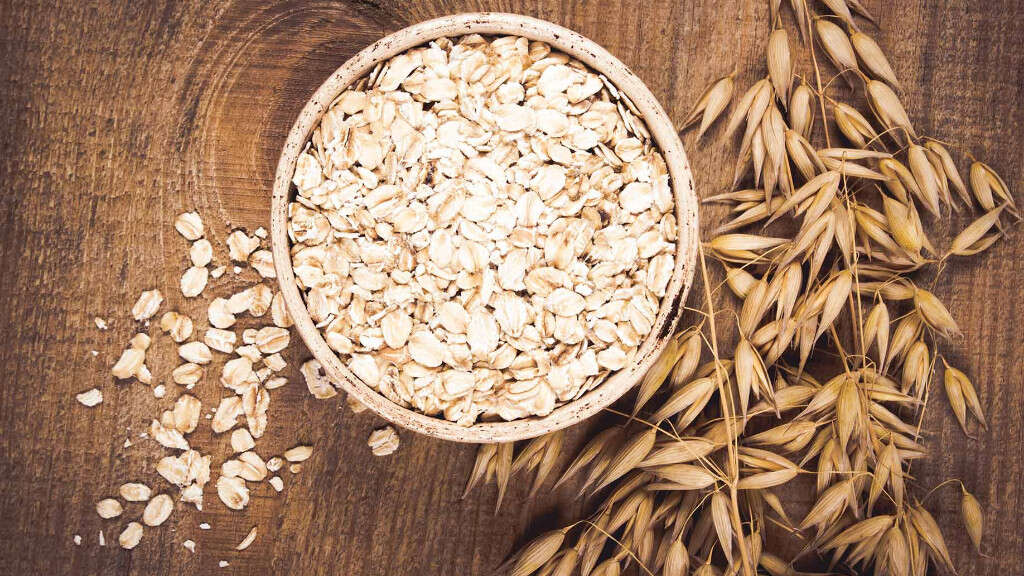
Home Remedy #3: Coconut Oil
Coconut oil is one of the leading traditional skin moisturizers that has been in use for centuries in many parts of the world. It contains a high amount of saturated fats and is also effective against bacteria and inflammation, thanks to its antiseptic and anti-inflammatory properties. If you are allergic to coconut oil, it is best to get tested before applying a product containing coconut oil. You should also stop using it immediately if you experience irritation after applying it.
Besides working as an antibacterial and anti-inflammatory, coconut oil also acts as a skin moisturizer due to its high fat content. It also acts as a skin barrier against infections.

Home Remedy #4: Aloe Vera
Aloe vera is a traditional plant that has been used to improve skin health for hundreds of years. It’s a common home remedy for itchy skin, small cuts, and other skin problems. Aloe vera also has antiseptic, anti-inflammatory, antiviral, and antioxidant properties.
Aloe vera products are known for their effectiveness in relieving itchy skin and soothing irritated skin. When you apply aloe vera to dry skin, it is usually absorbed completely. Aloe vera contains many essential elements for skin such as vitamin B12, calcium, magnesium, vitamins A, C, and E, and essential fatty acids. If you experience any irritation after applying aloe vera, stop using it because you could be allergic to it.
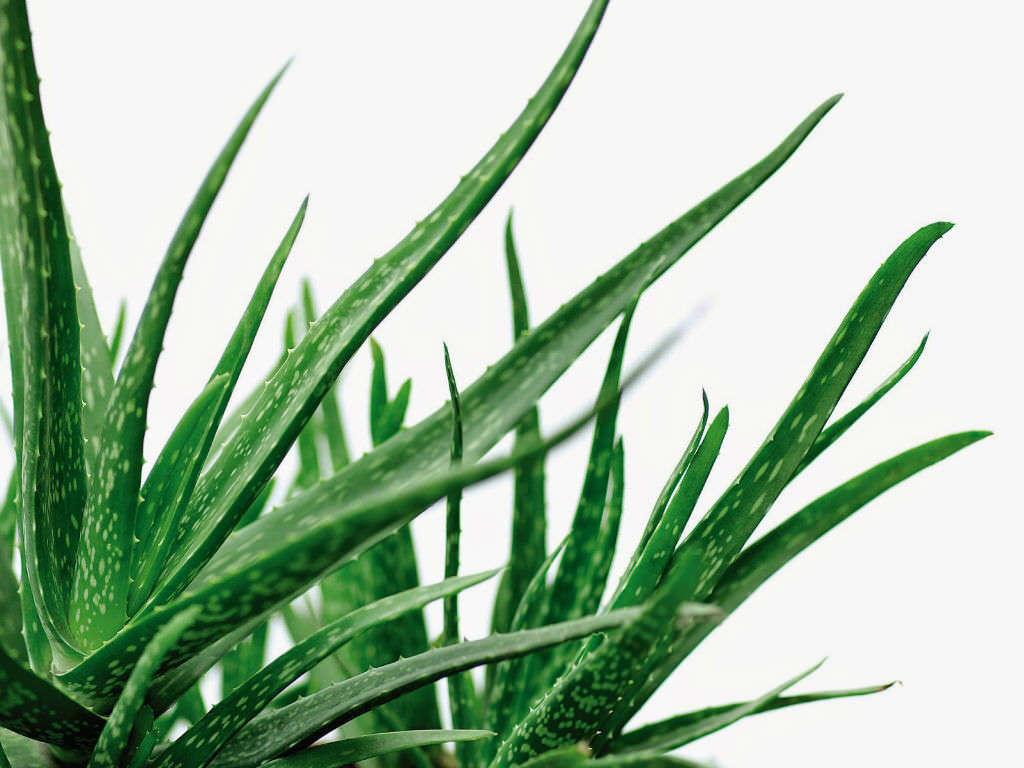
Home Remedy #5: Basil
Basil with its attractive odor is another great herb used for relieving skin itchiness. It leaves your skin fresh and boosts your mood significantly. Dried basil leaves are added to boiling water and the mixture covered for a while until it cools down. You can then apply it to the affected skin areas using a ball of cotton or a piece of cloth. Any of the remaining mixture can be used later. Repeat the application until your skin itch is relieved.
Some people rub dried basil leaves directly on their skin and then wash it off with water. Eugenol, a potent essential oil, is the main compound in basil. Basil also contains thymol, camphor, and other compounds known for their powerful antioxidant and anti-inflammatory properties.

Home Remedy #6: Apple Cider Vinegar
Apple cider vinegar is another old skin remedy used to heal skin and relieve its pain. It’s also known for its antimicrobial properties. You can try either concentrated or diluted forms of apple cider vinegar to relieve your itchy skin. However, do not apply it if your skin is cracked. You can also make an apple cider vinegar bath and enjoy it.
One study showed that apple cider vinegar has a strong anti-inflammatory effect against certain species of bacteria such as E. coli as well as Candida albicans fungus. It also inhibits production of cytokines, which cause irritation and inflammation.

Home Remedy #7: Lemon
Lemon is a common home remedy for a myriad of health issues including itchy skin. While it is not recommended for use on sensitive skin, it is still a powerful way to freshen and brighten skin. To use lemon, simply extract the juice of fresh lemon, apply it to your itchy skin using a ball of cotton, and leave it to dry out. Thereafter, wash off the dry lemon juice from your skin with warm water.
Lemon is effective because it has citric and acetic acids that are known for their antiseptic and anti-inflammatory effects. For better results, it is recommended that you apply lemon juice twice per day until your skin condition improves.

Home Remedy #8: Neem Leaves
If you are interested in natural beauty products, you probably know about neem leaves and neem oil. Neem is a native Indian tree that has been used for centuries to treat skin ailments besides other problems. Neem is one of the most studied plants because of its anti-inflammatory, analgesic, antiviral, antifungal, and antibacterial benefits.
It is used to treat a wide range of skin diseases including eczema, skin rashes, and acne. Neem also has antioxidant properties. It rejuvenates skin and makes it look bright and young. You can use neem leaves if you have access to them or buy beauty products containing neem oil.
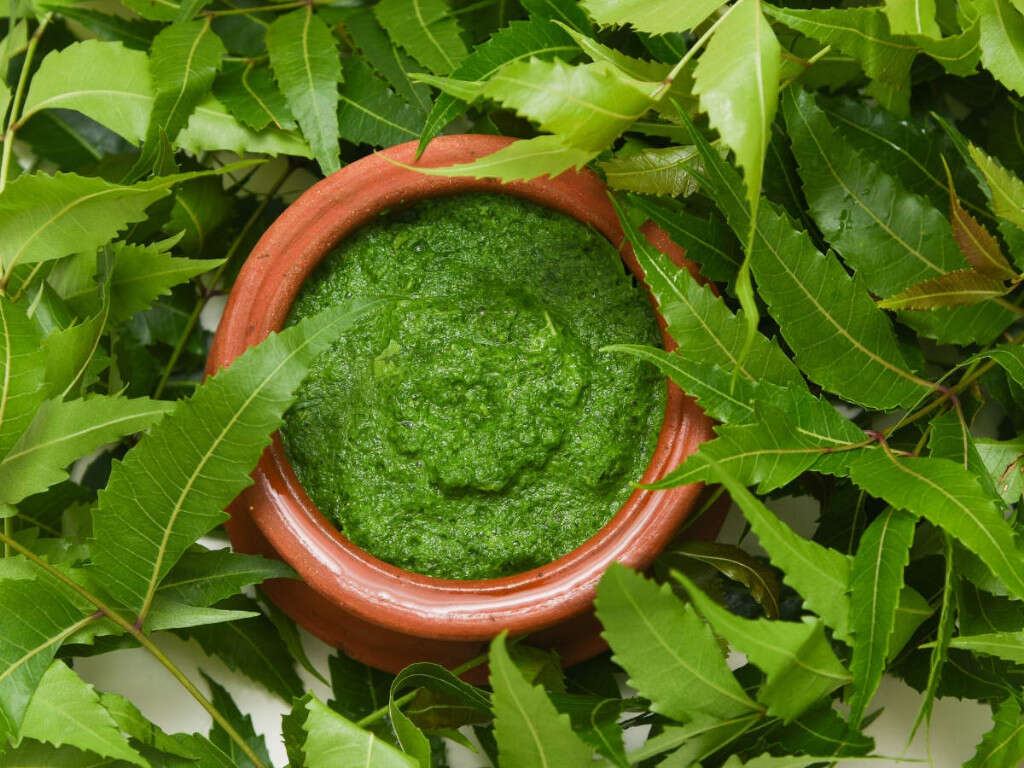
Home Remedy #9: Honey
Honey is a popular traditional reedy for any issues including itchy skin. It has been used for centuries to treat wounds because of its antibacterial and anti-inflammatory effects. Studies show that using honey is beneficial in healing wounds and boosting the immune system.
Honey is also beneficial in treating other skin problems such as burns and acne. It is applied directly to the itchy area on which it is left for a while before being washed off. Honey relieves the itchiness and hydrates your skin. There are a lot of skin care products that use honey as one of the main ingredients.

Home Remedy #10: Sesame Seed Oil
The yellow-colored oil extracted from sesame seeds has been used for ages for the treatment of skin diseases including wounds and itching. You can apply sesame seed oil directly to the affected area or massage it all over the body to refresh skin and rejuvenate skin cells.
Sesame seed oil is a natural source of antioxidants, which have powerful rejuvenating properties. It is also anti-inflammatory. These properties come in handy in the management of red, itchy skin. You can also use it as a prophylactic way to prevent pimples and rash. For better results, use sesame seed oil twice daily until your skin condition improves.




